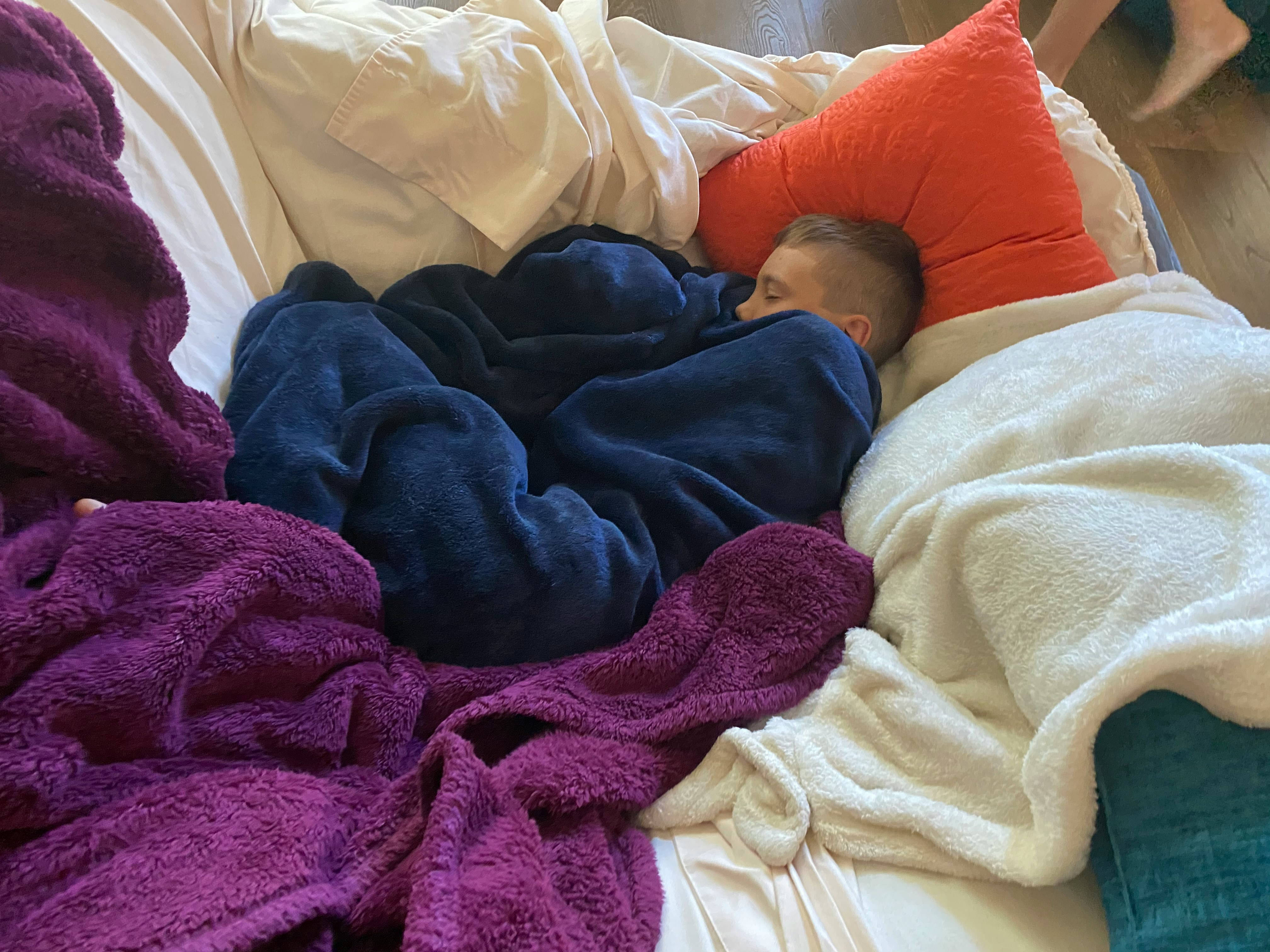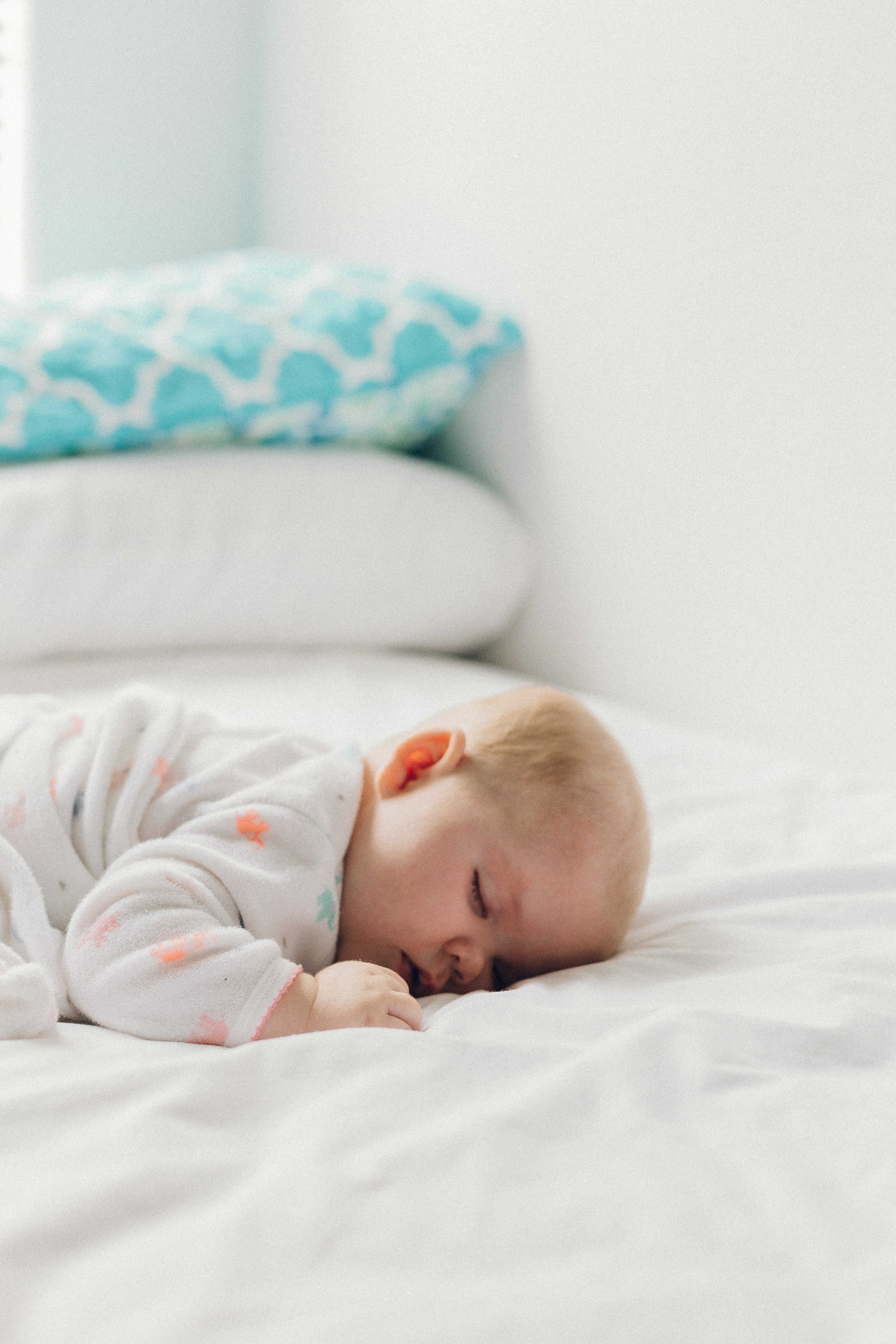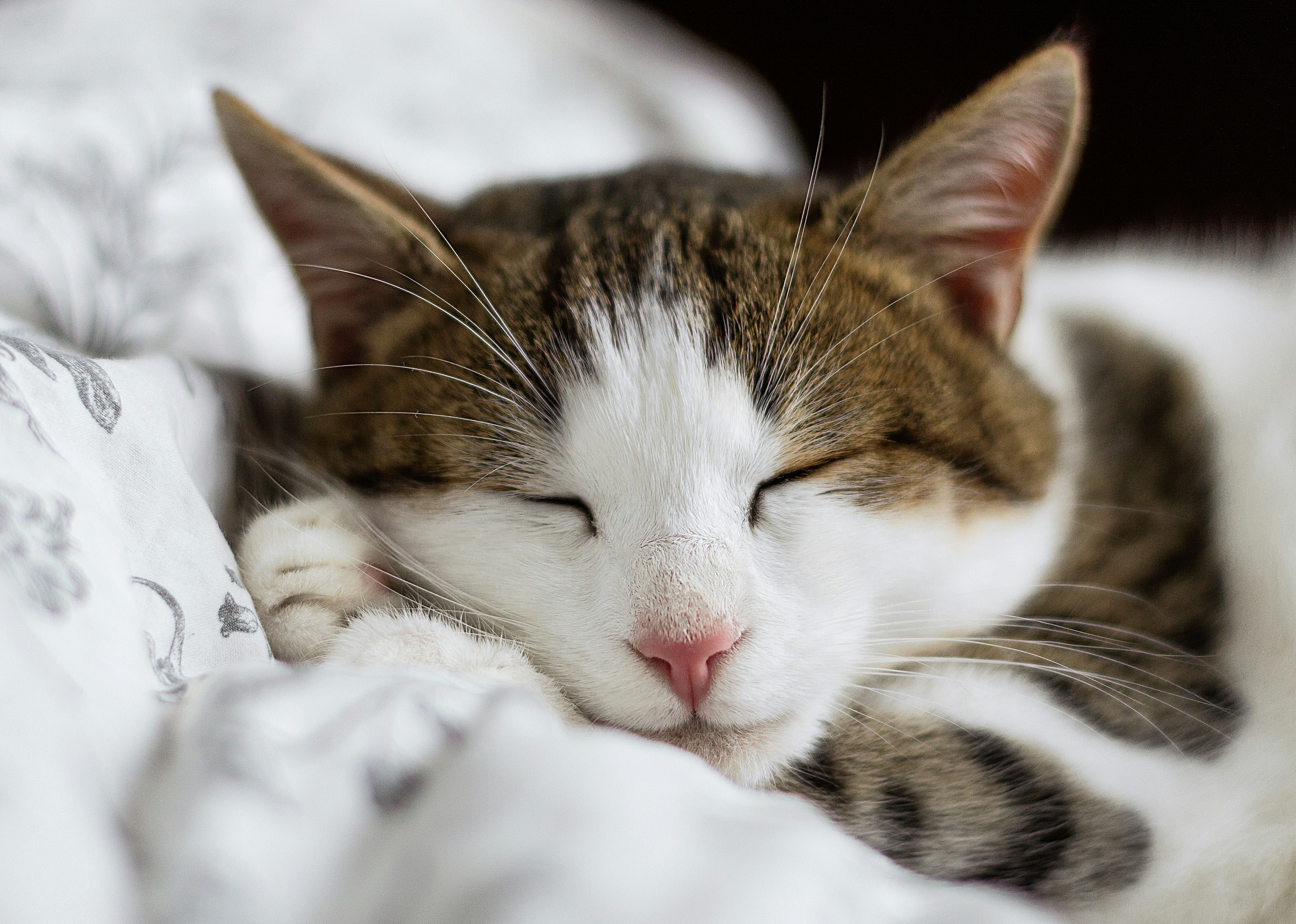How to Sleep Like a Baby (Without Actually Being One) 🍼😴

Introduction
Let’s be honest: we all envy babies when it comes to sleep. They have this magical ability to just close their eyes and fall asleep in a matter of seconds, and don’t even get us started on how effortlessly they stay asleep for hours on end. Meanwhile, most of us lie awake at 2 a.m. thinking about that embarrassing thing we did in 2014. Babies don’t have these problems. They sleep like champions .
But how can we, as fully-functioning adults (with jobs, responsibilities, and an unfortunate addiction to caffeine), sleep like those perfect little sleepers? Well, it’s possible, but we’ll have to adjust a few things. Forget about the baby bottle (sorry) and let’s dive into how you can sleep like a baby without actually being one .
1. Step 1: Create a Perfect Sleep Environment (Like a Baby's Nursery)
Do you ever walk into a baby’s nursery and think, “This room looks like the ideal place to get some sleep”? It’s cozy, quiet, dark, and perfectly designed for an uninterrupted snooze. We could all learn a thing or two from those tiny tots’ sleep setups. Here’s how to set up your own personal sleep sanctuary:
🛏️ Make Your Bed Super Comfortable
First things first: you need a bed that welcomes you with open arms. Babies have soft, cozy cribs; you have a mattress that’s probably seen better days. If you don’t have a mattress that’s supportive and comfy, it’s time to invest in one. The right bed can make all the difference in your sleep quality.
Tip: Look for a mattress that balances softness and support. It’s like finding the sweet spot between too firm and too fluffy—kind of like Goldilocks but for grown-ups.
🌑 Darkness Is Key
Babies sleep so soundly because their environment is dark and calming. Light disrupts our natural sleep cycle (hello, melatonin), so make sure your bedroom is as dark as possible. If you don’t want to buy blackout curtains, a sleep mask can work wonders too.
Tip: Keep your phone away from your bed (sorry Instagram, you’ll have to wait), as the blue light from screens can mess with your sleep hormones. Also, don’t forget to keep your room cool—babies prefer a comfortable temperature, and so should you.
🤫 Silence or Soothing Sounds?
While babies tend to be lulled by the sound of their parents’ lullabies, you can opt for soothing sounds too. White noise machines or apps with calming nature sounds can help drown out any distractions, whether it’s street noise or a loud neighbor’s late-night Netflix binge.
Tip: Try listening to rain sounds, ocean waves, or gentle wind chimes to create a peaceful sound environment. If all else fails, try some binaural beats—they may just be the lullaby your adult brain has been craving.
2. Step 2: Stick to a Consistent Bedtime (Just Like a Baby)
We all know babies thrive on a consistent schedule. They’re put to bed at the same time every night and, voila, they sleep like little angels. As adults, we might think we can get by without a routine, but the truth is that your body loves predictability.
🕒 Set a Regular Bedtime
Aim to go to bed and wake up at the same time every day—even on weekends (yes, we know, it’s cruel). A consistent sleep schedule trains your body to fall asleep faster and wake up feeling refreshed.
Tip: If you struggle to fall asleep at a certain time, try setting an alarm to remind yourself it’s time to wind down. That’s right—just like a baby with a bedtime routine, but with a bit more coffee and less crying.
🛁 Create a Pre-Sleep Routine
Babies have bedtime routines that usually involve a bath, a lullaby, and some cuddles. You may not need a bath every night (unless you’ve had a particularly stressful day), but creating your own wind-down routine can help signal to your brain that it’s time to sleep.
Tip: Try reading a book, practicing gentle yoga stretches, or listening to a guided meditation. Whatever it is, make sure it’s relaxing and free from stress-inducing activities (no emails or work-related stress, please).
3. Step 3: Limit Caffeine and Food Before Bed (Babies Don't Drink Coffee)
We’ve all been there: reaching for that cup of coffee late in the afternoon, thinking, “It’s only one cup, what’s the harm?” Well, it’s a big harm when it comes to sleep. Babies sleep because they don’t have caffeine running through their tiny bodies, and you can sleep just as well if you cut back on your caffeine intake before bedtime.
☕ Limit Caffeine
Caffeine is a stimulant, and while it can help you feel more alert in the morning, it can keep you up at night. Try to avoid caffeine for at least 4–6 hours before bed. That includes coffee, tea, soda, and chocolate (yes, even chocolate).
Tip: Try switching to a relaxing herbal tea like chamomile or valerian root before bed. These teas are natural sleep aids that won’t mess with your rest.
🍽️ Don’t Eat Too Close to Bedtime
Babies don’t eat right before bed (unless it’s way past their bedtime). As adults, we often indulge in late-night snacks, but eating a heavy meal can cause discomfort and interfere with sleep. Try to finish your dinner at least 2–3 hours before hitting the pillow.
Tip: If you’re feeling peckish, go for something light, like a banana or a handful of nuts. These snacks contain natural compounds that promote sleep, like magnesium and tryptophan (the same stuff in turkey that makes you want to nap after Thanksgiving).
4. Step 4: Calm Your Mind (So You Don’t Lie Awake Like an Overstimulated Baby)
Babies sleep well because their minds aren’t racing with worries about bills, work, or what to have for dinner tomorrow. As adults, we often have a million things running through our minds, which can make falling asleep difficult. But just like babies need a calm environment to sleep well, you need to relax your mind.
🧘♂️ Try Meditation or Breathing Exercises
If you find yourself tossing and turning, it’s time to calm your mind. Meditation or simple breathing exercises can help slow your thoughts and relax your body.
Tip: Try a quick 5-minute guided meditation or practice deep breathing. Inhale for four seconds, hold for seven, and exhale for eight. Repeat this a few times, and you’ll feel your body relax and your mind settle down.
📴 Say Goodbye to Screens
We know—it’s tempting to scroll through social media before bed, but that blue light is your enemy. Instead of doom-scrolling, try switching off your phone at least 30 minutes before bed. If you really need something to do, pick up a book (not a thriller—go for something calming).
5. Conclusion: Sleep Like a Baby (But Without the 3 a.m. Crying)
Sleeping like a baby doesn’t mean you have to take a nap every 3 hours or demand midnight feedings. It’s all about creating a consistent routine, making your sleep environment cozy, and calming your mind before bed.
So, follow these steps, and you’ll be well on your way to the best sleep of your life—minus the diapers, pacifiers, and midnight wake-ups.
“Sleep like a baby… but only if babies had better sleep hygiene.” — A hopeful adult sleeper




